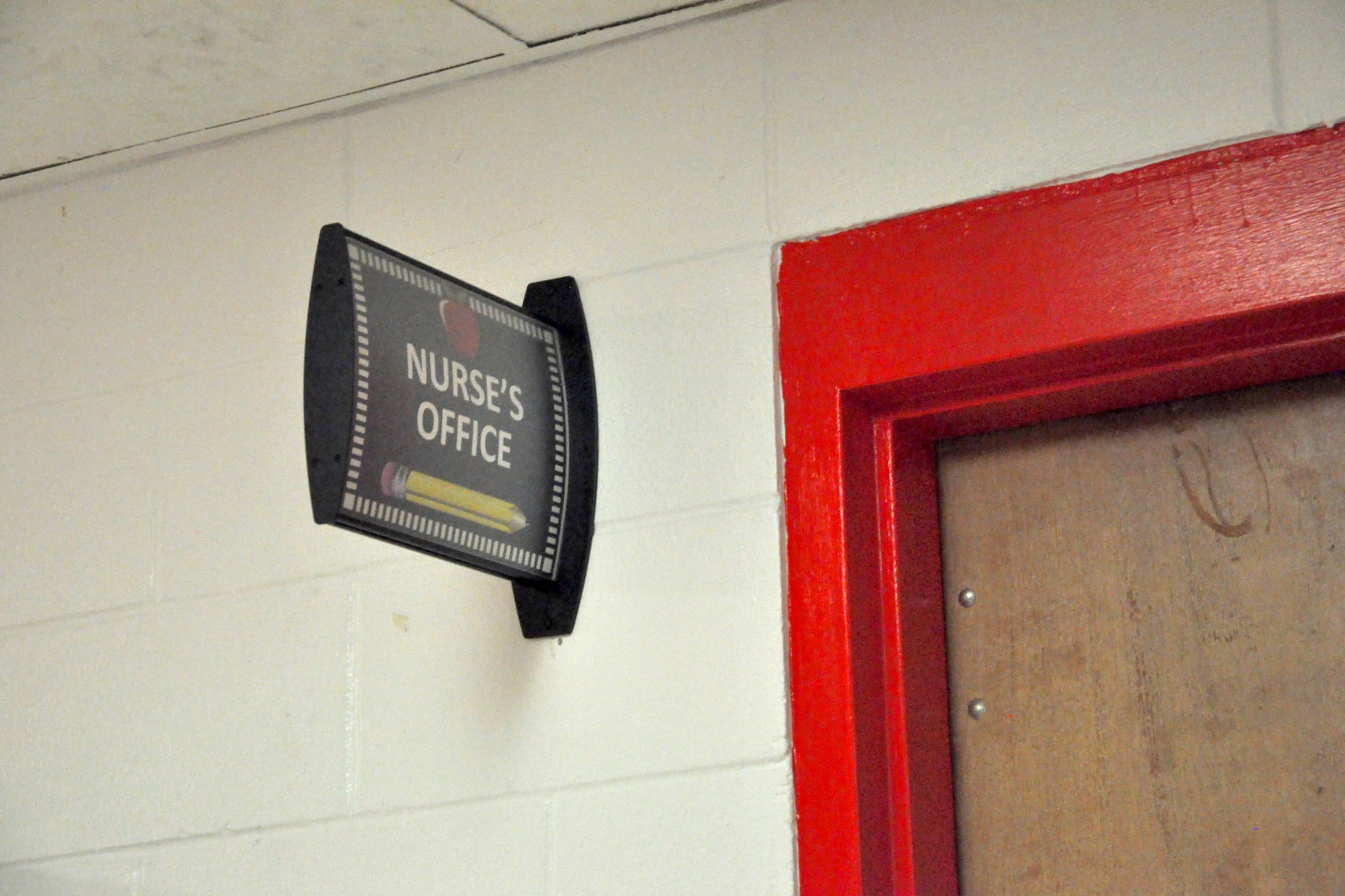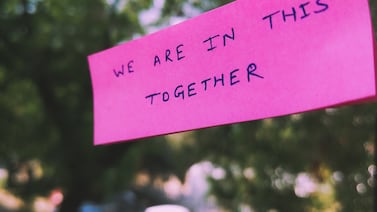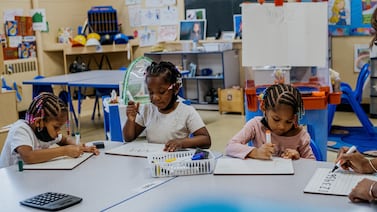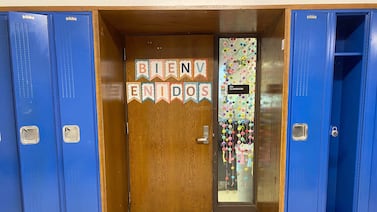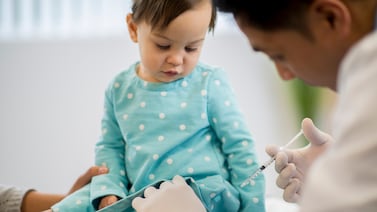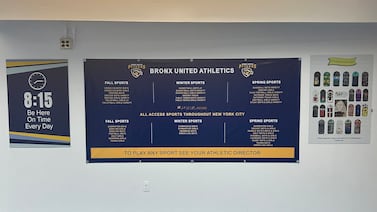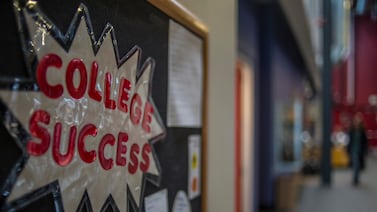All New York City school buildings will have a full-time nurse by the start of the school year, Mayor Bill de Blasio announced Thursday, addressing a longtime concern of educators and families.
With the coronavirus pandemic lingering, officials said they will hire 400 more full-time nurses for K-12 schools, seeking to fill vacancies at 359 school buildings with additional hires to cover absences and retirements.
As of the end of 2019, 116 school buildings and 137 schools serving about 70,000 students were without a full-time nurse, according to an estimate from the United Federation of Teachers, the union representing New York City public school teachers. But a union spokesperson said that analysis was conservative: It excluded pre-Ks, District 75 schools, which serve students with the most significant disabilities, schools with on-site health clinics, or charter schools, which can be co-located in buildings with district schools.
The city will hire another 100 nurses to cover 2,000 early childhood programs, as well as child care centers the city plans to open when the school year starts. Officials said these nurses will provide more broad “geographic” coverage of programs, “prioritizing the zip codes hardest hit by COVID-19,” according to a news release from City Hall. The education department will also contract with a tele-health nursing provider to create a hotline for all child care programs, which providers can call for medical-related questions.
Officials said these nurses will work full-time and will be staffed through contracts issued by the city’s Health and Hospitals system. Their salaries will come out of the hospital system’s budget. But these nurses will not remain in school buildings permanently — the hiring agreement will only span the upcoming school year, said Nathaniel Styer, a spokesperson for the education department.
“Health and Hospitals came to the rescue here,” de Blasio told reporters.
The mayor said he was confident the agency could hire the nurses with just a month before school starts, noting that the agency had quickly hired “thousands” of additional nurses this spring as New York became the brutal epicenter of a virus that has killed about 23,000 New Yorkers.
A spokesperson for Health and Hospitals did not respond to a question about how much the hiring of school nurses would cost.
Thursday’s announcement addressed just one concern of the unions representing teachers and principals, which have pushed back strongly on the city’s school reopening plans. In a statement, Chancellor Richard Carranza credited advocacy of parents and schools staff as why the city was addressing the nursing shortage.
Union leaders have asked for more specificity around health and safety measures, such as how contact tracing will work when a student or staffer tests positive for the coronavirus. They also want a guarantee that their schools will have all necessary personal protective equipment — the cost for which individual schools will not have to shoulder, the city has promised.
Both unions, which have been involved in the planning for reopening, are now asking the city to delay the start of in-person school, to give school leaders more planning time. After weeks of sharp statements against the city’s reopening plans, Thursday’s news drew a more conciliatory tone from the teachers union, or UFT.
“Parents and educators will be relieved, and the 70,000 students who have gone without will now have access to a medical professional if and when school buildings reopen,” said Michael Mulgrew, president of the United Federation of Teachers, in a statement.
But concerns over pay disparities, already an issue among school nurses, are likely to remain — an issue that Councilman Mark Treyger, chair of the council’s education committee, immediately raised after de Blasio’s announcement. School nurses are staffed by both the health and education departments; Health and Hospitals is its own agency. Those staffed by the education department are represented by the UFT and make between $10,000 and $20,000 more than their counterparts, according to one estimate reported by Gothamist. In 2018, a staff nurse represented by the UFT made between $64,418 and $70,513, depending on years of experience.
The city made a similar promise before schools closed in March, though the plan was only to hire 85 additional nurses. Styer, of the education department, said the city had issued an emergency contract for these nurses, who were deployed to buildings briefly before they closed.
Carranza indicated that school nurses’ role in buildings generally won’t change, as they will remain “the medical expert on campus.” The city is requiring schools to create an isolation room, where students experiencing virus symptoms will be placed while they wait for a parent or guardian to pick them up. But those rooms will not be monitored by nurses, but instead by a staff person in the building, who will be required to wear personal protective equipment to do so. (That person, Carranza said, can also staff the room by standing outside of it.)
He also noted that with this hiring plan, some buildings in the Community Schools program, which provide wrap-around services, will have more than one health professional. That’s because schools in that program may be partnered with a community-based organization that already staffs the building with a rotation of nurses and doctors.
However, the city has levied a $9 million cut to Community Schools, meaning some schools could decide to reduce spending on such contracts.


